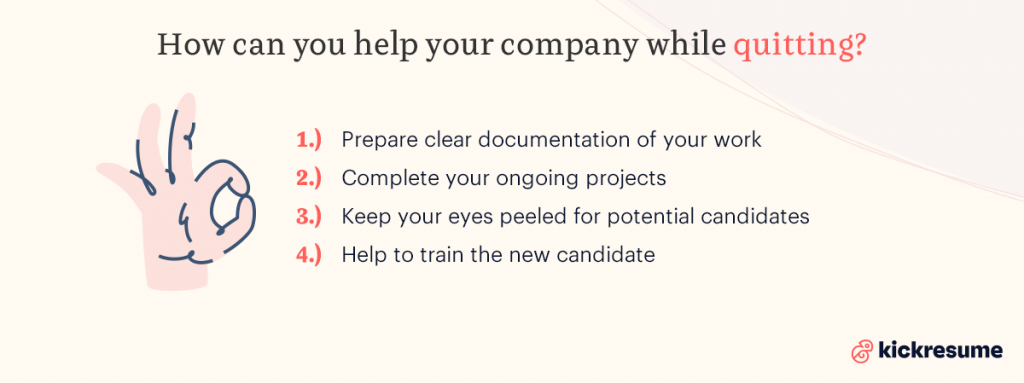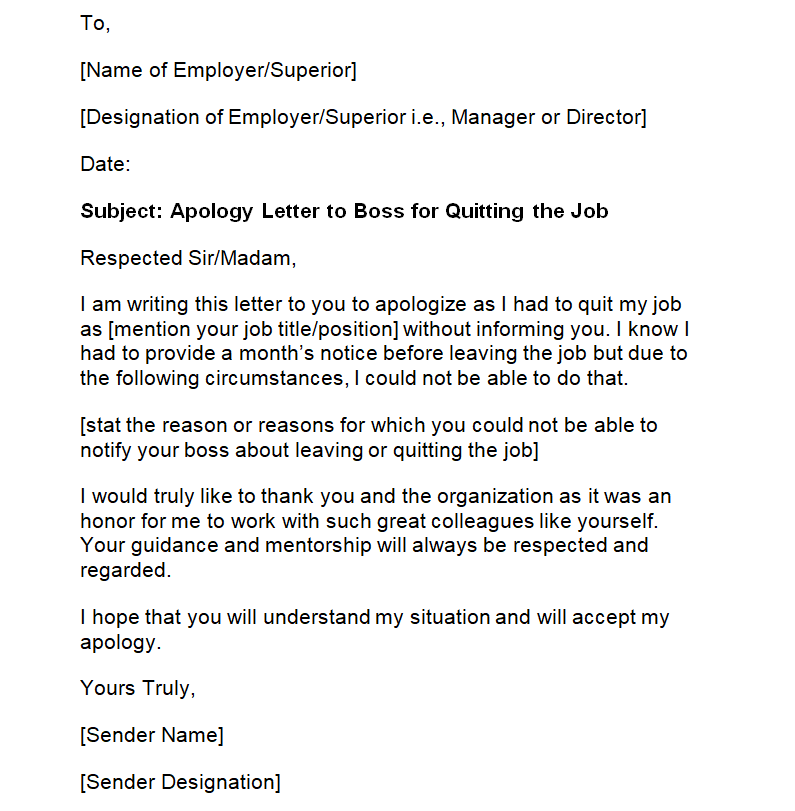How To Tell Your Boss You're Quitting Because Of Him

Navigating the complexities of professional life often requires difficult decisions, and resigning from a job due to dissatisfaction with management is a common, yet sensitive, scenario. Recent studies from Gallup indicate that managers account for at least 70% of variance in employee engagement scores, suggesting a significant impact of leadership on employee retention.
But how does one broach the subject of leaving a position because of direct issues with their superior in a professional and constructive manner? This article examines expert advice and strategies for communicating your resignation when the root cause is directly linked to your boss.
The Importance of Professionalism
Maintaining professionalism throughout the resignation process is paramount. Even when leaving due to negative experiences, avoiding accusatory language and focusing on personal growth can preserve your reputation and future opportunities.
This approach ensures you leave on good terms, preventing potential damage to your professional network. Moreover, HR professionals often conduct exit interviews, and framing your feedback constructively can contribute to positive organizational change.
Crafting the Message
Begin by scheduling a private meeting with your manager. State your intention to resign clearly and concisely.
For example, you might start with, "I'm writing to inform you of my decision to resign from my position as [Your Position] at [Company Name], effective [Date]." This sets a formal tone and allows you to control the narrative.
Focus on your personal career goals and avoid direct blame. Instead of saying, "I'm leaving because you micromanage me," consider stating, "I've realized that I'm seeking a role with more autonomy and opportunities for independent project management."
Addressing Underlying Issues (Optional)
Whether or not to directly address the issues with your boss is a crucial decision. If you believe constructive feedback is possible and could benefit the company, consider sharing your concerns tactfully.
Present specific examples of behaviors that impacted your decision, focusing on their effects rather than assigning blame. For instance, instead of saying, "You never listen to my ideas," you could say, "I felt that my input wasn't always valued, which made it challenging to contribute effectively."
However, if you believe the relationship is too strained or that your feedback will not be received well, it is perfectly acceptable to omit this step. Your priority should be to protect your own well-being and leave the company with minimal conflict.
Documenting Your Experience
Before resigning, carefully document any instances of harassment, discrimination, or unethical behavior. This documentation can be crucial if you decide to pursue legal action or file a formal complaint with HR.
Keep records of emails, memos, and any other relevant correspondence. Consult with an employment attorney if you believe your rights have been violated.
Note that it's essential to understand that documenting experiences is not about revenge, but about protecting yourself and ensuring that others might be spared similar experiences in the future.
The Exit Interview
Be prepared for an exit interview with HR. This is your opportunity to provide feedback on your overall experience at the company, including your interactions with your manager.
Maintain a professional demeanor and focus on constructive criticism. Remember that HR's role is to gather information and improve the employee experience, so your feedback can be valuable.
Again, if you choose to address your concerns about your manager, do so in a calm and objective manner.
The Aftermath
After resigning, focus on moving forward and building your career. Avoid badmouthing your former employer or manager to potential employers.
Reflecting on your experience and identifying what you learned can help you make informed decisions in your future career choices. Remember the lessons learned, and use them to create a more satisfying professional path.
Leaving a job due to issues with a manager is never easy, but approaching the situation with professionalism, tact, and a focus on personal growth can minimize the negative impact and pave the way for a brighter future. According to the Society for Human Resource Management (SHRM), employees who handle their resignations gracefully are more likely to maintain positive professional relationships and receive favorable references.





:max_bytes(150000):strip_icc()/how-to-tell-your-boss-you-re-quitting-your-job-2063035_FINAL-5b88037cc9e77c002cc6f46c.png)








:max_bytes(150000):strip_icc()/2060865a-a00dd037c25547df8a83c13bb57cd695.jpg)



